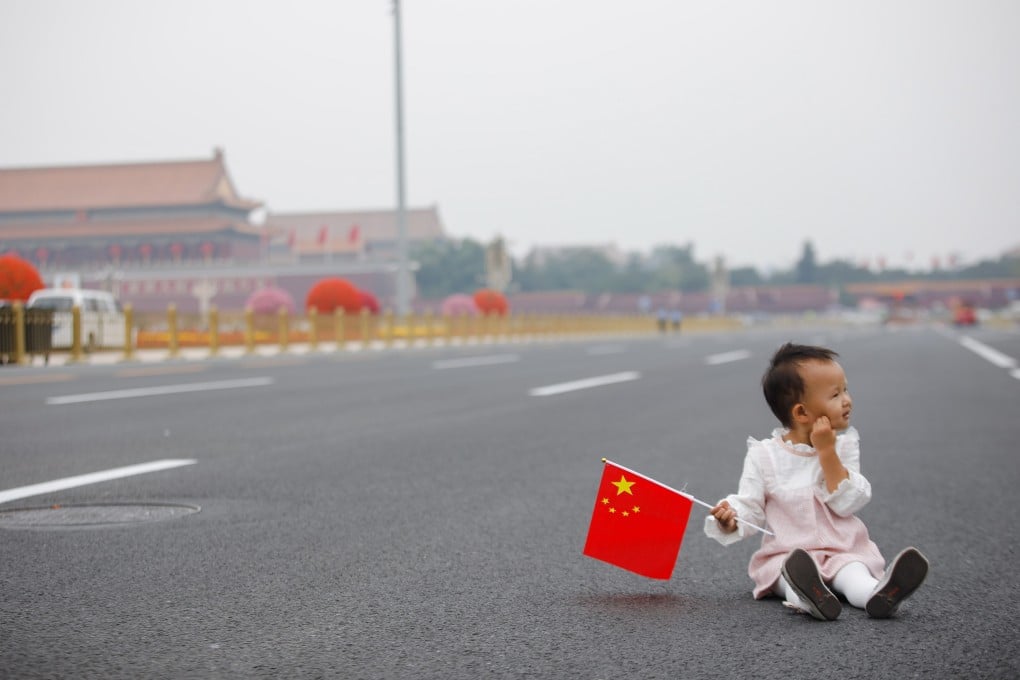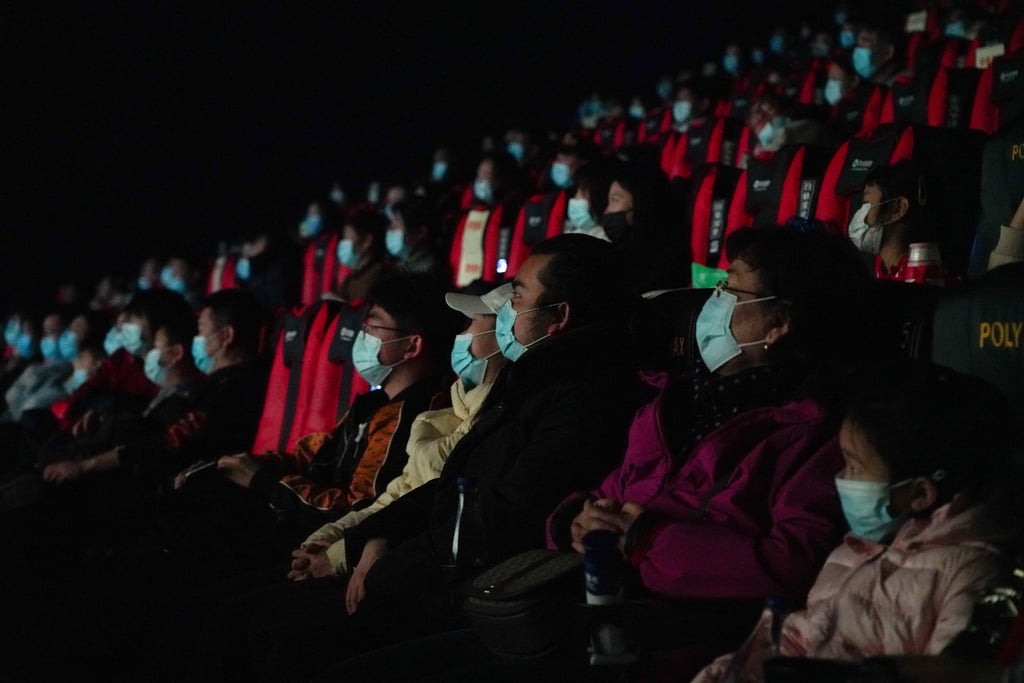Advertisement
China’s domestic box office sales slump as National Day holiday begins under shadow of Covid
- Revenues on the first day of the weeklong holiday fell by around US$50 million while the domestic tourist industry also suffered a fall in numbers
- The country has tightened restrictions on domestic travel in the run up to a major political gathering and people have been urged to stay close to home
Reading Time:2 minutes
Why you can trust SCMP
4

Luna Sunin Beijing
China’s domestic box office takings plunged dramatically on the first day of this year’s National Day holiday as consumer sentiment chilled amid the country’s ongoing Covid-19 restrictions.
Domestic travel and tourism also took a hit as people were urged to stay close to home.
Domestic domestic box office revenue totalled 262.5 million yuan (US$37 million) on October 1, the first day of the holiday, a sharp fall from last year’s figure of 630 million (US$88.5 million), according to ticketing platform Maoyan.
Advertisement
It was the third year in a row that box office sales had fallen – in 2020, the first year of the pandemic, they stood at 744.8 million yuan and in 2019 they were 815.5 million yuan, more than the three times this year’s total.

The week-long holiday is traditionally a time during when millions of Chinese people head out on trips around the country, and also one of the most important periods for the domestic cinema industry.
Advertisement
Advertisement
Select Voice
Select Speed
1.00x